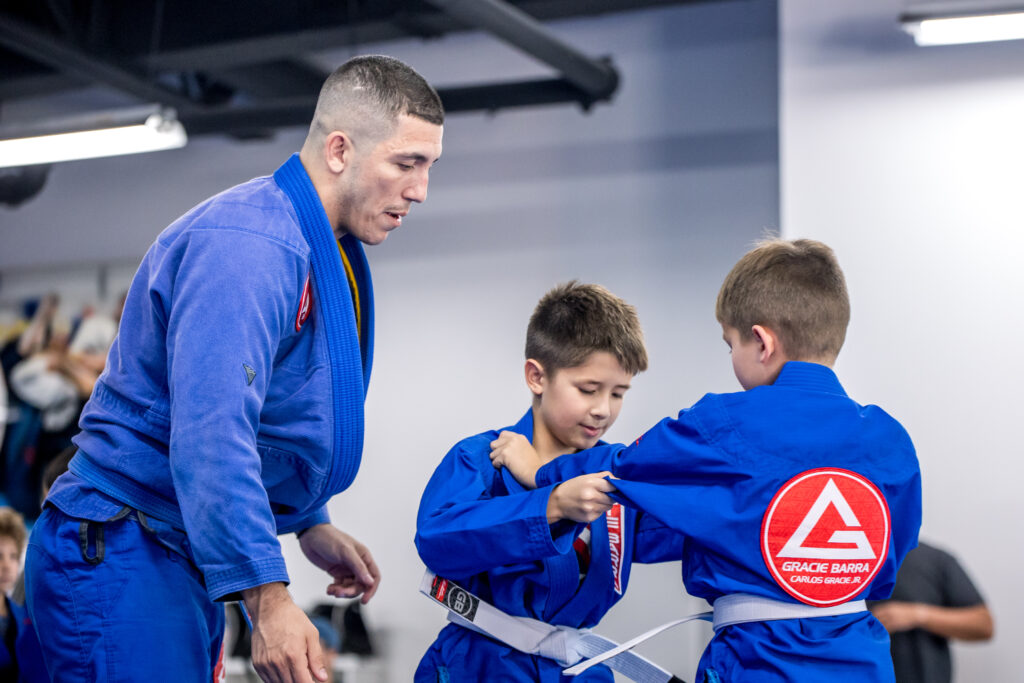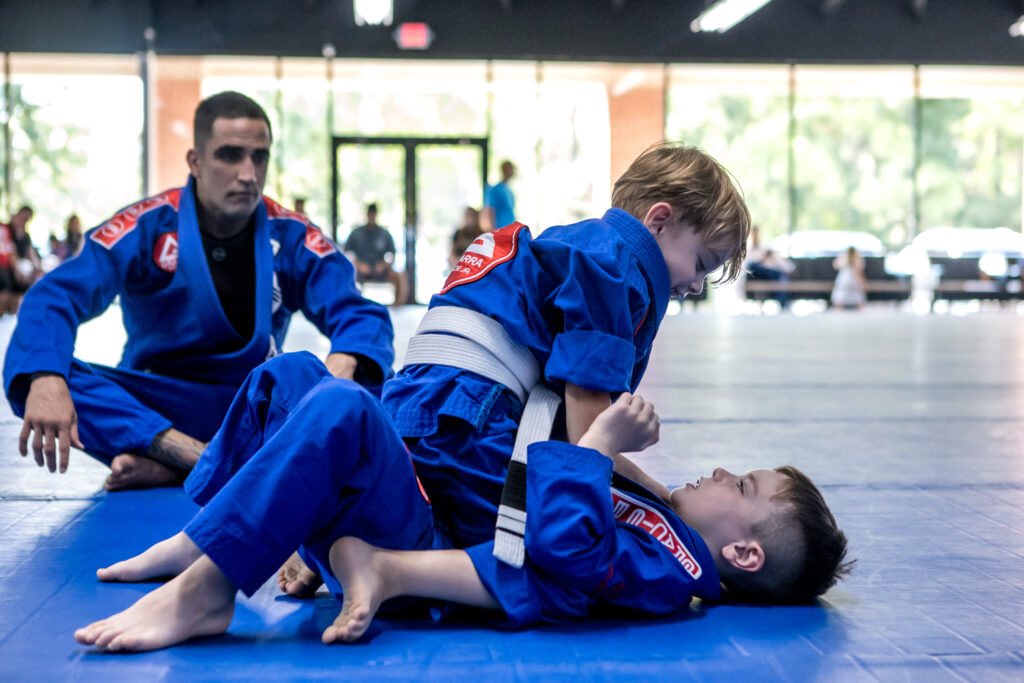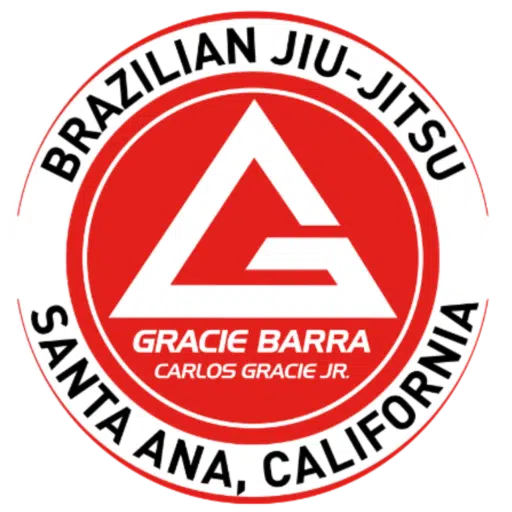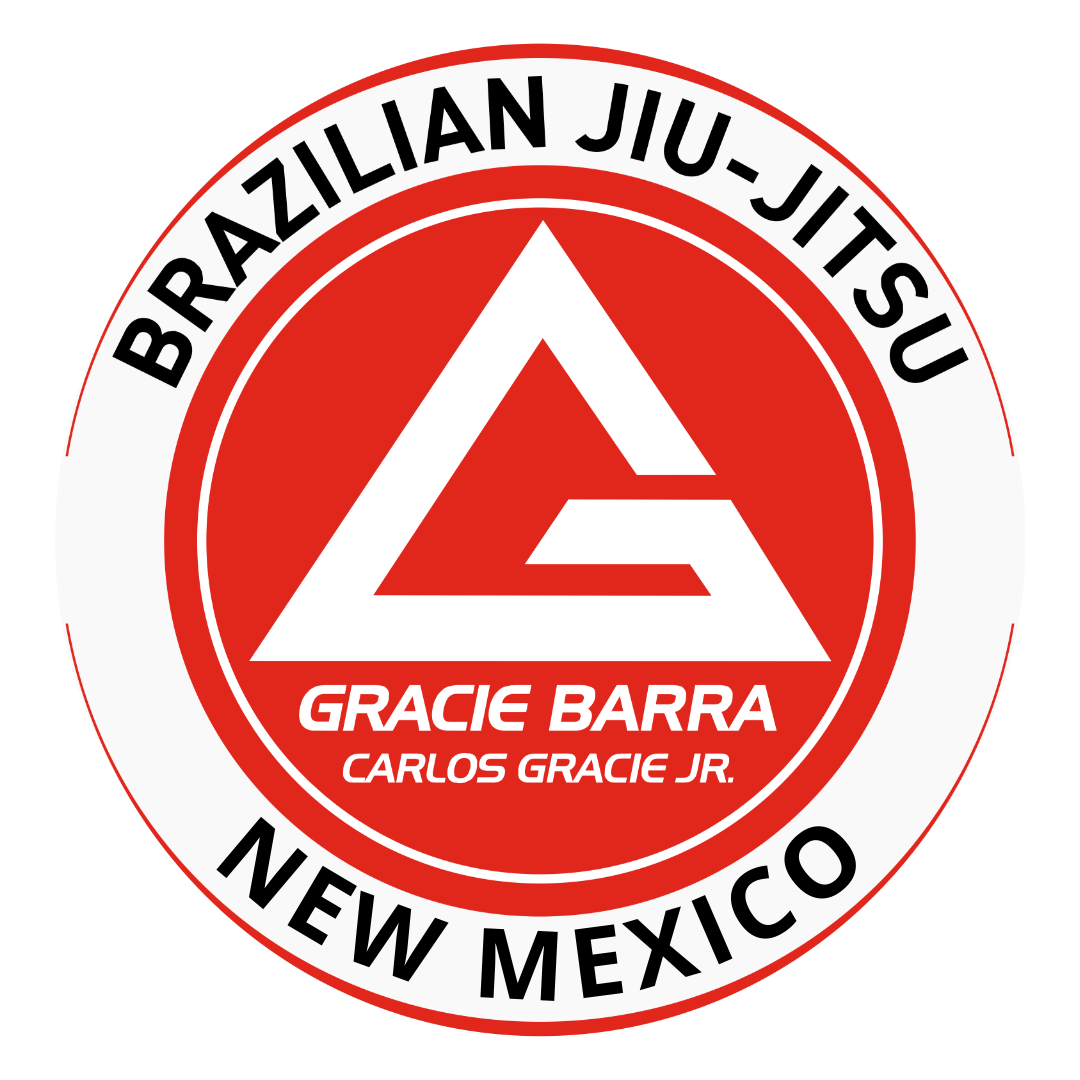
Jiu-Jitsu is a martial art that originated in Japan and was refined in Brazil. It is not just a physical exercise; it is also a philosophy of life. For children and adolescents, Jiu-Jitsu offers many benefits beyond competition and physical conditioning. In this article, we will explore the positive aspects of this martial art in the development of children and youth.
- Physical Development:
- Jiu-Jitsu is a complete physical activity that promotes the development of strength, flexibility, endurance, and motor coordination. Combat techniques and intensive training help children improve their physical skills in a fun and challenging way.
- Discipline and Respect:
- One of the fundamentals of Jiu-Jitsu is respect for others and hierarchy. From an early age, children and young people learn to follow rules, respect their trainers and training partners, and develop discipline and sports ethics that can be applied to different areas of life.
- Spiritual Growth:
- Jiu-Jitsu demands concentration and strategy. Children learn to make quick decisions and think strategically during training and competitions. The development of this cognitive ability has a positive impact not only on sports but also on academic and social life.
- Confidence and Self-Control:
- Through regular Jiu-Jitsu practice, children learn to face challenges and overcome obstacles. As they learn techniques and advance through belts, their confidence grows. Additionally, emotional control is crucial in combat, helping practitioners handle pressure and adversities in a balanced manner.
- Combating Bullying:
- Jiu-Jitsu is an effective way to combat bullying. Children and young people learn to defend themselves in a non-violent manner and acquire physical and mental skills to handle conflict situations. Furthermore, integration into a positive and supportive environment through team formation contributes to emotional improvement.
- Sociability and Teamwork:
- Group Jiu-Jitsu training promotes sociability and teamwork. Children and young people interact, exchange experiences, and develop friendships. This creates an environment of mutual support that is essential for emotional and social growth.
- Mental Health and Well-Being:
- Regular Jiu-Jitsu practice also contributes to mental health and emotional well-being. The release of endorphins during exercise reduces stress and anxiety, providing an overall sense of well-being.
In short
Jiu-Jitsu offers children and young people a variety of benefits that go beyond the physical, including emotional and social aspects. This martial arts practice not only trains athletes but also helps transform them into disciplined, confident, and resilient individuals, preparing them for life’s challenges.





